DIRECTORS
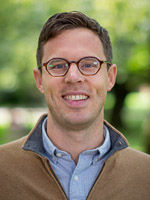
Matthew Powers is a Professor in the Department of Communication and Co-Director of the Center for Journalism, Media and Democracy. His research explores transformations in media careers, usually from a comparative perspective, and their societal implications. His most recent book, co-authored with Sandra Vera-Zambrano, is The Journalist’s Predicament: Difficult Choices in a Declining Profession. Based on a decade of research in France and the United States, it asks why anyone would still be a journalist, given the low wages, uncertain work prospects and diminished prestige. Currently, he is involved with CJMD colleagues in an analysis of statehouse reporting in the United States.
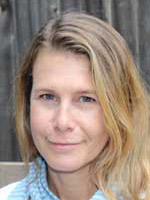
Adrienne Russell is Mary Laird Wood Professor in the Department of Communication. Her research and teaching focus on the changing field of journalism. She studies the intersection of emerging technologies and pressing social problems, with an eye toward how these changes can cultivate innovation and new practices and values that bolster democratic and participatory publics. She has written on media producers in countries around the world. She spotlights ways national and transnational media systems in the networked era are evolving and explores the ways different media systems influence content and practice. Russell’s work includes study of activists, technologists, media publics and others who shape information products and spaces. As part of the larger exploration of journalism and activism, Russell’s work explores several specific contemporary issues, including the climate crisis, surveillance, and protest movements.
Before joining the Department of Communication faculty at the University of Washington, Russell was Director of Graduate Studies for the Department of Media, Film, and Journalism Studies and associate professor with a joint appointment in Media, Film, and Journalism and Emergent Digital Practices at the University of Denver. Before that, she was an assistant professor in the Department of Global Communication at the American University of Paris. She has also held fellowships with the Annenberg Center at University of Southern California and the Department of Media and Communication at the London School of Economics.
SENIOR RESEARCH FELLOWS
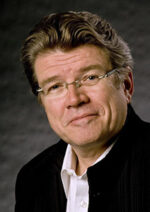
Lance Bennett received his Ph.D. in political science from Yale University in 1974 and has taught since then at the University of Washington, where he is Ruddick C. Lawrence Professor Communication, Emeritus and Professor of Political Science, Emeritus. Bennett founded the Center for Communication and Civic Engagement, which became the Center for Journalism, Media and Democracy in 2020.
Bennett has lectured internationally on media and information systems in civic life with emphasis on press-government relations, the quality of public information, communication in social movements, transnational activism, citizenship and youth civic engagement, digital media and political participation, and the organization of technology enabled protests. His current work focuses on better aligning environment, economy and democracy to build more equitable and sustainable human systems on the planet.
He has held visiting professorships at Harvard University, Uppsala, Stockholm, and Free University Berlin. In addition to receiving honorary doctorates from Uppsala and Bern, he has received career achievement awards from the American Political Science Association, The International Communication Association, the US National Communication Association., and the German Humboldt Foundation. His publications include The Logic of Connective Action: Digital Media and the Personalization of Contentious Politics (with Alexandra Segerberg, Cambridge 2013), and The Disinformation Age: Politics, Technology and Disruptive Communication in the United States (with Steven Livingston, Cambridge 2020).
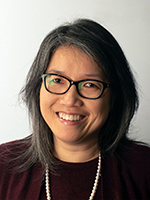
Patricia Moy is a political communication scholar who focuses on communication and citizenship, specifically, how mediated and interpersonal communication can shape public opinion, citizens’ social and political trust, and political behavior. Her research addresses communication content, processes and effects across myriad issues in multiple continents. Moy’s scholarship has been published as books and articles in leading refereed journals including Journal of Communication, Journalism & Mass Communication Quarterly, Communication Research, Political Communication, and the International Journal of Public Opinion Research. Her book With Malice Toward All? examines the prevalence of media negativity and the process by which it shapes knowledge and attitudes about key institutions that govern society. Her edited volume Communication and Community examines communication processes and effects within geographical, online, epistemic, and a host of other communities.
At the UW, Moy teaches courses in communication theory, public opinion, political communication, statistics and methodology, and the graduate professional development proseminar series. She has held teaching appointments at Hebrew University, the University of Milan, and the University of Mannheim’s Department of Media and Communication Studies and the Mannheim Center for European Social Research.
In her capacity as the UW’s Associate Vice Provost for Academic and Student Affairs, Moy coordinates the institution’s accreditation process, represents the Provost’s Office in specialized accreditations and academic program reviews, and addresses tricampus collaborative efforts and issues.
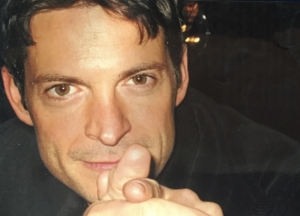
John F. Tomasic is an artist-in-residence and journalism instructor at the University of Washington and editorial advisor at the university’s student newspaper. He has worked as a reporter and editor for politics, business and academic publications and for a United Nations special commission on war crimes in the former Yugoslavia. He was capitol bureau chief at the Colorado Statesman, president at the Colorado Independent nonprofit digital news outlet and managing editor at the Huffington Post’s 2007-2008 citizen-journalism elections reporting project “Off the Bus.”
Tomasic has taught undergraduate and graduate students at institutions that include the University of Paris Dauphine, University of California Berkeley and the University of Denver. He was the director of the University of Southern California’s digital-journalism outlet and training program “Pop and Politics.”
FELLOWS
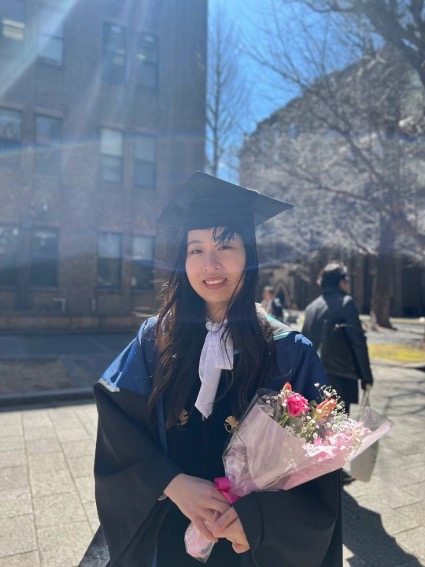
Mengyuan Fu is a junior researcher in the faculty of political science and economics at Waseda University, Tokyo, Japan. Her research interests lie at the intersection of STS, science communication, and environmental issues, particularly in the knowledge co-production in new media. She received her PhD from the Department of Multidisciplinary Sciences at the University of Tokyo where she focused on a case study of the social construction of microplastics in Japanese public communication.


André Ullrich heads the research group “Digitalization, Sustainability and Participation” at the Weizenbaum Institute and is currently doing his habilitation on responsible and sustainable digitalisation. He studied business administration in Potsdam and Moscow and did his doctorate in business information systems on the characteristics of changeable systems at the University of Potsdam. He was a visiting researcher at the Universities of Stellenbosch, Queensland University of Technology and Hong Kong Polytechnic University. He then worked as part of a junior research group on transformative potentials of digitally networked production for people, the environment and technology as a post-doctoral researcher at the University of Potsdam. His work focuses on the opportunities and risks of digitalization for the socio-ecological transformation of companies and society.
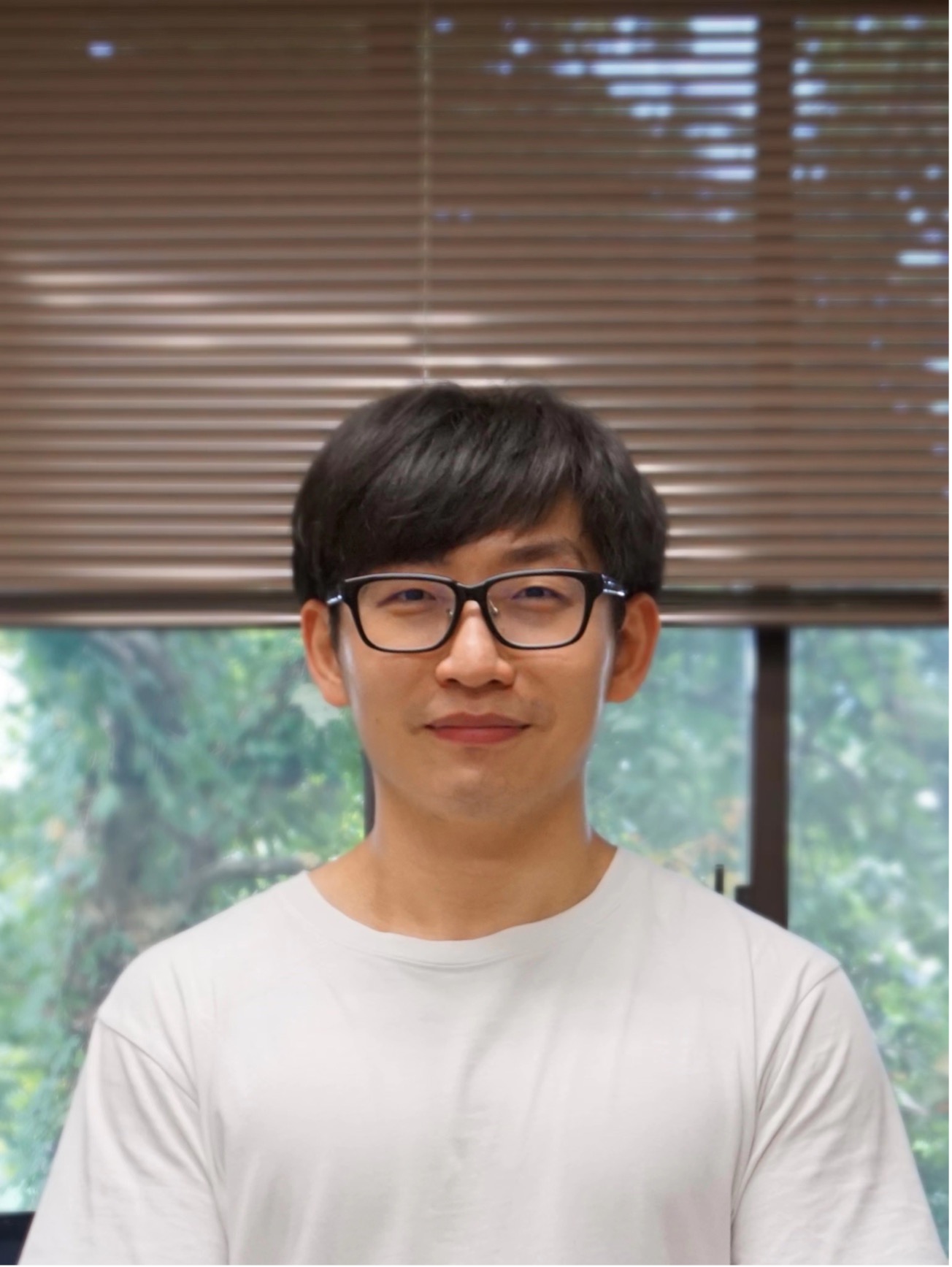
Kunhao Yang is an Associate Professor in the Faculty of Engineering at Yamaguchi University, Japan. His research and teaching focus on computational social science, with a particular interest in understanding human behavior patterns in cyberspace. Currently, Kunhao is studying how modern information systems (such as social networking sites and recommendation algorithms) influence online collaboration and social conflicts. He’s also passionate about developing computational tools for social science studies and exploring the field of socio-physics. Prior to joining Yamaguchi University, Kunhao was a senior lecturer in the School of Law at ChouGakuin University and a junior researcher at the Waseda Institute of Political Economy, Waseda University.
POSTDOCTORAL RESEARCH FELLOWS

Meagan Doll is a postdoctoral research associate in the Minnesota Journalism Center at the University of Minnesota’s Hubbard School of Journalism & Mass Communication. She studies intersections between journalism and public opinion, with particular interests in perceptions of conflict reporting and media trust in strong-state environments. Meagan received her PhD from the Department of Communication at the University of Washington where she studied factors driving media trust in Uganda. She holds an M.A. from the University of Washington, B.A. from the University of Wisconsin-Madison, and is a journalist by training.
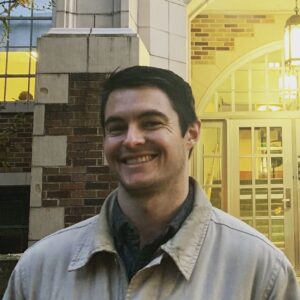
Kyle Kubler is a faculty lecturer in the McGill Writing Centre at McGill University and a research fellow with the CJMD. At McGill, Kyle teaches writing-based courses on digital and science communication. His research primarily focuses on social media, political economy, and information communication technologies. Kyle received his PhD from the department of communication at the University of Washington where he studied the beliefs, strategies, and cultural production of fitness influencers and content creators on Instagram.
RESEARCH FELLOWS

Polly Straub Cook studies right wing media and science denial. She completed a bachelor’s degree in journalism from the University of Washington in 2003 and worked in community journalism as a general assignment reporter and newspaper editor before returning to the university to complete a PhD.
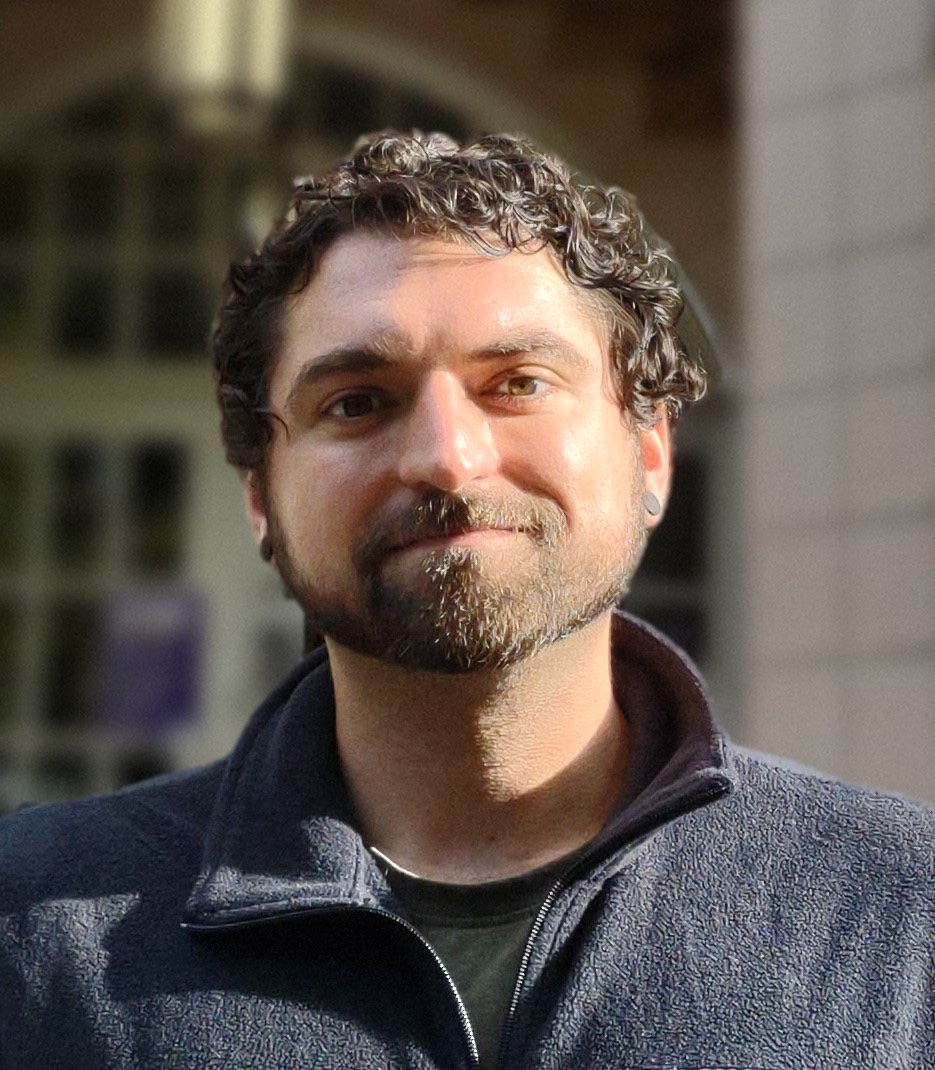
Russell Hansen is a Ph.D candidate in the Department of Communication with interests at the intersection of political communication and communication technology. His research tends to focus on political discussion among citizens in online spaces, seeking to understand the conditions that facilitate or hinder deliberative discourse. His doctoral dissertation explores perceptions of inclusion and exclusion in online political conversations and the participatory outcomes associated with such perceptions.
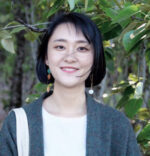
Luyue Ma is a Ph.D. candidate in the Department of Communication. Her research focuses on the intersection of digital technology, political engagement, and journalism. She is particularly interested in understanding how digital technologies shape the construction of public discourse in the networked media system. Currently, she is working on her doctoral dissertation on technology-driven solutions to address disinformation. She holds an M.A in Media and Communication from Bowling Green State University.
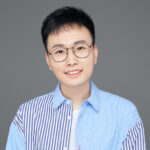
Hai Wang is a PhD candidate in Communication at the University of Washington. His research focuses on international journalism, digital news production, Chinese foreign-aimed media, and Chinese soft power (particularly in Southeast Asia). Hai was also a visiting scholar at the Thai-Chinese Strategic Research Center, National Research Council of Thailand in spring 2023.